You know what you’re going to find on the other side of the door. No matter how many times you’ve seen it, it’s still shocking. The first thing to hit you is the smell – acrid ammonia that burns your eyes and assails your nose even through a respirator. The windows are covered but even in poor lighting, you see that cats are everywhere – in cupboards, sinks, atop and under furniture. Your feet stick to urine on the floor and feces is scattered throughout the house. It’s hard to move among the clutter and bags of garbage.
You’re there to help but to the cats, you’re frightening intruders in hazmat suits. They scatter and hide as you try to capture them and transport them to safety at the Nova Scotia SPCA.
Hoarding cases like this happen all too often in Nova Scotia. Yet, due to the nature of animal hoarding, countless cases remain undetected and unreported. A complex disorder, it affects both animal and human welfare.
Not everyone who has multiple animals is a hoarder. Many people are capable of providing appropriate care for numerous animals. The following criteria are used to define animal hoarding:
- possession of numerous companion animals
- failure to provide minimal standards of nutrition, sanitation, space and veterinary care, with this neglect often resulting in starvation, illness and death
- denial or inability to recognize the impact of this failure on the welfare of animals and humans in the household.
Most hoarders start with good intentions, a kind heart and a few unspayed/unneutered animals. As the number of animals multiply, they become overwhelmed and end up inadvertently inflicting cruelty when their care cannot keep pace with the number of animals they have. Hoarders may insist that their animals are happy and healthy, even when there are clear signs of distress and illness.
Why do people hoard animals? Research indicates that the compulsion to hoard often comes from a change in someone’s life – a loved one’s passing, health issues, loss of a job. Some studies show a recurring theme of neglect or loss in childhood. Hoarders may be socially withdrawn and isolated, turning to animals for love.
The majority of animals seized from hoarding situations need medical attention. Most require vaccinations and spaying/neutering. Overcrowded dirty conditions make for easy transmission of lice, fleas, mites, and infections. Accumulated feces and urine can burn skin, eyes and lungs. Many animals are malnourished and dehydrated, requiring extensive dental work. Animals must often spend weeks in the SPCA’s care until they are healthy enough to be adopted. Euthanasia is a harsh reality for any animal whose health is beyond help.
Hoarding also impacts human health. Close quarters common in hoarding facilitates the transmission of disease from animals to humans in the home, with children and the elderly more at risk.
Family, close friends and neighbors are often the first to see the neglect in its early stages, but often misunderstand it and don’t report it until conditions become tragic. Increasing public awareness and early intervention are key to addressing the problem of animal hoarding.
Each of us plays an important role in stopping animal hoarding. First and foremost, spay and neuter your pets early. Know your limits concerning space, time and finances in caring for pets. If you think someone is struggling with animal hoarding or if you suspect or witness animal neglect or cruelty, call the SPCA (toll-free: 1-888-703-7722; local 902-835-4798) or file a confidential online complaint here. If you recognize that you yourself are struggling with hoarding, please do the right thing and reach out early for help to the SPCA.
Let’s work together to stop the act of having before it turns to hoarding.
Need your pet fixed? Our Low-Cost Spay & Neuter Program services help low-income families fix their pet. Click here.
Find yourself with many new sets of tiny paws? Accidents happen. We can help! Click here.
